The 8 Best Oils For Low Porosity Hair (2025), As Per A Hairstylist
Bring the shine back to low porosity hair and make them healthy using some nourishing oils.

Image: Shutterstock
Your hair’s porosity plays a significant role in the various hair treatments that you subject it to. Even if it’s something as simple as responding to hair oil, porosity matters. If you have low porous hair, you need to choose the best oil for low porosity hair to reap the benefits of any treatment and pampering that you subject it to. Otherwise, you end up spending a lot of money and won’t see any positive results. Hair with low porosity can be difficult to manage because it does not retain much moisture. It becomes difficult for water to permeate and makes your hair very dry. People with low porosity hair often have a hard time managing the right hair oil. Since not much is known about low porosity hair oils, we have put together a list of the best low porosity hair oils that you can choose from.
In This Article
What Is Low Porosity?
To understand low porosity, let’s understand our hair first. The cuticles overlay on each other and are firmly and securely packed. As there are no spaces separating the cuticles, it is difficult for water and products like oils and conditioners to transfer and retain moisture on the hair shaft. If you have low porosity hair, it’s probably due to hereditary factors.
Our hair is primarily a combination of dead cells designed in a 3-layer paradigm:
- Cuticle: It is the external coating of your hair. It involves singular epidermises that overlie one another.
- Cortex: It is the middle and densest layer of your hair. It holds fibrous (threadlike) proteins and pigments that produce the color of your hair.
- Medulla: It is the fundamental, central, and deepest layer of your hair shaft. This layer is almost microscopic and works as the pith or nucleus of the hair.
A simple experiment will conclude whether your hair is low or high porosity. It’s termed as the float test, and this is how you can try it at home:
Step 1: Get a couple of clean strands of your hair.
Step 2: Place them in a glass full of water at room temperature.
Step 3: Examine what happens to the hair strands for a couple of minutes.
Step 4: If you notice that your hair strands are still hovering, there’s your proof, you have low porosity hair.
For low porosity hair, you should avoid using products that weigh your hair down as it may cause problems with product build-up. When select a product, keep in mind that light oils are best suited for low porosity hair. Oils such as olive oil and coconut oil are a big NO for natural hair with low porosity as they tend to settle on the top of the hair instead of penetrating them. Now that we have familiarized ourselves with the terminologies and scientific reasons, let us dive right into this extensive guide to find the best oils for low porosity hair that deliver visible results.
8 Best Oils For Low Porosity Hair (2025), As Per A Hairstylist
1. Best Organic:PURA D’OR Organic Argan Oil
Argan oil is suitable for low porosity hair due to its deep and intensive moisturizing property. The protective layer of the oil secures and retains moisture until it is rinsed out. Argan oil carries key components like vitamins A and E, carotenoids, and 80% unsaturated fatty acids, which are beneficial for your hair and skin. These nourishing ingredients moisturize the skin and hair and improve its resiliency to combat a receding hairline. Its permeating vitamins tame frizzy, fragile hair from the roots to the ends, giving you healthy hair inside and out. It is also a mild antibacterial oil to treat skin conditions , such as eczema and psoriasis. It helps with bringing back lost shine and enhancing color vibrancy. This oil can also be used on your body to reduce stretch marks, wrinkles and prevent anti-aging. To make an informed decision before buying this for your hair care routine, you can check out this video.
Pros
- All-natural and organic
- Free from parabens and artificial colorants
- USDA-approved
- Suitable for all hair types
- Fragrance-free
Cons
- You may need to use it with a carrier oil for oily skin.
2. Best Revitalizing:Kate Blanc Jojoba Oil
The Kate Blanc Jojoba Oil is a 100% pure cold-pressed oil that will help you achieve thick and healthy hair along with radiant skin. Kate Blanc’s jojoba oil can be used as a moisturizer to condition your hair and for nail treatments as well. This unpolished jojoba oil is one of the recommended oils that penetrate low porosity hair, delivering you beneficial results. It is an all-organic and hexane-free oil that has been clinically proven to reduce hair loss, enhance hair health, and promote skin hydration. You can apply it to your hair and face before bed to improve your hair and skin’s texture and protects your hair and skin from harmful UV rays.
Pros
- 100% pure cold-pressed oil
- All-natural
- Promotes hair growth
- Revitalizes your hair and skin
Cons
- Fragrance may be strong for some
 Quick Tip
Quick Tip3. Best Non-Greasy:PURA D’OR Organic Sweet Almond Oil
This all-natural and organic sweet almond oil disguised as a magician in a bottle are multipurpose. Owing to its non-comedogenic properties, the oil doubles up as a natural makeup remover and a moisturizer that help fight acne. It’s an excellent choice for your hair and scalp as it provides deep nourishment to the roots and the shaft. Sweet almond oil for the skin is an extraordinary antioxidant as it is rich in vitamins A and E that are essential for hair and skin. You can also use tried-and-tested product to reduce the appearance and make your hair more lustrous. It provides antioxidant benefits and is great for fighting against scalp aging as well.
Pros
- Natural hair softener
- Hexane-free
- Non-refined
- Organic
- Non-greasy
- Suitable for aromatherapy
Cons
- Some may find the consistency too thick.
PURA D'OR Organic Argan Oil Best Organic | Kate Blanc Jojoba Oil Best Revitalizing | PURA D'OR Organic Sweet Almond Oil Best Non-Greasy | |
|---|---|---|---|
| Hair Type | Damaged,Aging,All | - | - |
| Dimensions | 2 x 2 x 6 inches | 5.79 x 2.13 x 2.13 inches | 2.5 x 2.5 x 8.5 inches |
| Weight | 4 Ounces | 8.8 Ounces | 1.1 Pounds |
| Number of Items | - | - | 1 |
| Rating | |||
| Reviews | 12,681 | 9,875 | 3,853 |
| Price | $12.99 | $12.99 | $12.99 |
4. Best Cruelty-Free:NOW Solutions Avocado Oil
This 100% pure moisturizing oil promotes skin elasticity and boosts skin hydration. This avocado oil is hexane-free and unrefined. It’s all-natural and rich in nutrients, which aids in enhancing the natural texture of your hair. Although it has a thick consistency and texture, this rigorously tested avocado oil boosts skin and hair health, while moisturizing dull hair and skin. When applied to the skin or the scalp as a massage oil, it feels silky and calming, and leaves no oily residue. It aids in promoting scalp circulation and healthier hair growth.
Pros
- Hexane-free
- Paraben-free
- Free from petrochemicals
- Free from synthetic and artificial fragrances
- Cruelty-free
Cons
- Some may find the consistency slightly dense.
5. Best Anti-Aging:US Organic Moisturizing And Nourishing Sesame Seed Oil
Sesame oil is commonly used for hair growth and to manage overall scalp health. It is enhanced with vitamin E, B complex, and minerals — all the essentials required to rejuvenate low porosity hair. It protects your hair from harmful UV rays, tackles head lice, and dandruff. You can use this oil as a natural hair detangler or for boosting hair resilience and growth and improving hair texture. Since this is a lightweight oil, it is hands-down one of the best light oils for low porosity hair types. It also is a fuss-free detangler and prevents hair breakage and aids in soothing scalp irritation.
Pros
- Calms itchy skin
- Light oil for low porosity hair
- Anti-aging properties
- Anti-inflammatory properties
- Cold-pressed
Cons
- As it has a distinct smell, some may find it overpowering.
 Quick Tip
Quick Tip6. Best As Heat Protectant:Handcraft Blends 100% Pure Grapeseed Oil
Grapeseed oil is one of the lightest oils that you can use for low porosity hair. The Handcraft Blends grapeseed oil is extracted by cold-pressing the grape seeds.This lightweight oil is hexane-free, does not comprise alcohol, parabens, or sulfates, and is cruelty-free. You can also use it as a heat protectant when you’re using blow dryers and hair straighteners for protecting the hair from heat damage.
Pros
- Vegan
- Cruelty-free
- Heat protectant formula
- No parabens, alcohol and sulfates
- Ideal oil for low porosity hair
Cons
- It may not be best suited for those with a sensitive scalp.
7. Best Vegan:Renewalize Certified Organic Baobab Oil
This baobab oil is cold-pressed and unpolished. It is incredibly moisturizing, making it an excellent choice for low porosity natural hair. This product shows visible results and is 100% hexane-free, GMO-free, and cruelty-free. Baobab oil is rich in omega 3, 6, and 9 fatty acids, which are associated with healthy tissue renewal. It possesses vitamins A, D, E, and K that aid in preventing hair breakage and is highly recommended for sensitive skin. The oleic acid and saturated fats help boost moisture penetration, making it the best oil for low porosity hair. Baobab oil also offers restorative care and helps to treat dandruff and soothe an itchy, dry scalp.
Pros
- Nourishes and heals damaged skin
- Offers a healthy scalp
- Natural cleanser
- Daily moisturizer
- Vegan
Cons
- It may take a long time to absorb.
 Pro Tip
Pro Tip8. Best Lightweight Formula:Dessert Beauty Store Argan Oil
Reducing hair static is made easy with the Dessert Beauty Store Argan Oil. It is a non-sticky premium moisturizing formula for hair that also promotes healthy growth. It is infused with Moroccan argan oil that provides intensive treatment to hydrate your scalp and protect your hair from free radical damage. This lightweight product contains jojoba oil that nourishes your hair and coconut oil penetrates your hair shaft and reduces hair breakage and loss. The non-greasy formula targets damaged tresses, improves hair elasticity, tames frizz, and treats dryness. It nourishes hair from roots to tips and aids in reducing split ends and adding body and volume to low-porosity hair. This oil absorbs quickly on your scalp and does not leave a greasy residue.
Pros
- Non-greasy
- Environment-friendly
- Absorbed quickly
- No greasy residue
- Cruelty-free
Cons
- Might stain clothes
- Strong fragrance
Now that we have looked at the best oils for low porosity hair in detail, here’s how you can pick the best one for yourself.
A Useful Guide – How To Choose Oils For Low Porosity Hair
How To Choose Oils For Low Porosity Hair
Low porosity hair
is stubborn and rebellious to dyes, styling and takes a long time to dry. It deflects moisture and is likely to see more damage and breakage, so proper care is essential. The epidermis scales are tightly packed together, so it is harder for the products to penetrate. Active ingredients like cosmetic butter and dense oils are the best oils for low porosity hair as they aid in preventing moisture loss and hydrating hair strands. Coconut oil, flaxseed oil, sunflower oil, baobab oil, shea butter are some of the best oils for low porosity hair type. Before selecting a product, look it up on Amazon and carefully read through the detailed reviews, reviewers’ experiences, and their feedback about the product. Also, do your research on the ingredients and look for tried-and-tested products.
How To Take Care Of Low Porosity Hair
The solution is to choose products that have the appropriate and proper formulation for low porosity hair. When you have low porosity hair, you will be enticed to use more products, or several products at once, in an attempt to soak your hair and achieve the desired results. But this ultimately leads to more damage than prevention. You can try the following things:
- Humectants
Humectants revive low porosity hair as they hold and seal moisture into your hair. Glycerin is a helpful example of humectants. You will need to dilute it and apply it to your hair.
- Deep conditioning
For low porosity hair, weekly deep conditioning is a must. Use a steamer, heat cap, or hooded dryer when conditioning your hair or pre-poo your hair before shampooing. This aids in smoothing hair cuticles and easing them to open so that oils and products can penetrate more effectively and aid in restoring moisture balance. Steer clear from protein treatment conditioners as they may cause more breakage instead of repairing damaged hair.
- Pre-poo
Remember to pre-poo before rinsing your hair. You can make DIY pre-poos by using oils like sweet almond, jojoba, and grapeseed oils. Baking soda also helps low porosity hair.
How To Moisturize Low Porosity Hair
You can start with the LOC METHOD (Liquid + Oil + Cream):
Liquid: Use a spray bottle to dampen your hair with water. Water naturally moisturizes your hair. You can either try the LOC method in the morning or at night.
Oil: Argan oil is an excellent and the most popular choice as it helps to spur hair growth and is the best oil for low porosity hair to overcome protein loss.
Sweet almond oil is also a good oil for low porosity hair that adds radiance.
Jojoba oil is the best oil for your natural low porosity hair, as it makes your hair shiny and healthy.
Olive oil is fabulous for your scalp and works very well on dry and thick hair.
Cream: Use a leave-in conditioner or a butter. You can try mango, shea, or cocoa butter.
Leave-in conditioners are much lighter and creamy, so if you have 3A, 3B, or 3C low porosity hair, you should consider using a leave-in conditioner.
Alkaline solutions
DIY baking soda solutions and soap bars prompt hair to expand and puff. Anything you put into your hair shaft requires to be in this solution or applied quickly after. Mix and apply your DIY baking soda with yogurt to take advantage of yogurt’s cooling and antibacterial properties. Rinse well to get rid of any smell.
Infographic: Key Ingredients To Look For In Low Porosity Hair Oil
The hardest challenge for low porosity hair is moisture absorption and retention. It becomes difficult for water to permeate the tresses and causes your hair to become very dry from the inside. People with low porosity hair frequently struggle to find the much-needed right hair oil. Not anymore! The infographic below will help you identify the key ingredients that support and nourish low-porosity hair in the best way. Take a peek! Illustration: StyleCraze Design Team
The Bottom Line
Having low porosity hair can feel like the worst nightmare, but once you understand how to deal with it, it puts you in a leveraged position as you now know how to maintain and control your hair. The PURA D’OR Organic Argan Oil is ideal for treating psoriasis and eczema, while the Kate Blanc Jojoba Oil is suitable for those looking for UV protection for hair. The PURA D’OR Organic Sweet Almond Oil contains antioxidants that help combat scalp aging. As described above, these are the little things you can do to enhance your overall hair health. Identifying and acknowledging the types of products to use and which ones to completely dodge will make such a huge difference in the maintenance and overall health of low-porosity hair. Also, opt for hot oil treatments, DIY scalp massages, or SLS-free hair products for improved hair health
Alexandro Vasquez, an expert hairdresser says, “Oils are the savers of many customers’ hair and it is always good to have it at home for your rest day to give you that treatment home care style. Try to use only the necessary amount of oil to not bring problems such as oily scalp and dandruff. Always use deep cleaning shampoo for washing it out of your hair before sleep.”
Frequently Asked Questions
Is oil good for low porosity hair?
If you have low porosity hair, you will notice that most hair products will rest on your hair but do not get absorbed. Certain oils like jojoba oil, grapeseed oil, argan oil, sweet almond oil, sesame oil, and baobab oil are the best oils for low porosity hair.
Is Monoi oil good for low porosity hair?
Yes! Monoi oil is very good for curly hair. This exotic Monoi oil comes from the tropical land of Tahiti. It can work miracles on natural curly low porosity hair while keeping the locks and curls beautiful and natural at the same time. It also boasts incredible conditioning qualities. All you have to do is warm the oil in between palms and apply it to your hair.
Is coconut oil bad for low porosity hair?
Oils like olive oil, coconut oil, and castor oil are considered ill-suited for low porosity hair because they will lie on top of the hair rather than absorbing. Try argan or jojoba oil for the best results.
How often should you oil low porosity hair?
Leaving oil on your hair every day for too long can produce product build-up on your scalp. It will also clog and block your pores, draw more dirt, and store dandruff. Oiling your hair every day suggests that you have to wash it with shampoo every day, which isn’t ideal. Oiling every other consecutive day would suffice, but remember to do a deep hair conditioning every week.
What are signs of low porosity hair?
• Your hair doesn’t work well with leave-in conditioners.
• You require heat to stimulate conditioners.
• There’s accumulation of dirt in your hair no matter what.
• You have a severe case of dandruff and a flaky scalp.
• Your hair is too oily or dry.
• You spend eons air-drying your hair.
Can you use black castor oil on low porosity hair?
As castor oil condenses, it tends to accumulate a dense layer. This is plausibly excellent for high porosity hair but a formula for catastrophe for low porosity hair. Furthermore, the layer is not water-soluble, which means it is unavoidable to apply at least 2 rounds of shampoo to eliminate it. Low porosity natural hair beauties struggle to get moisture into the hair and scalp, and a heavy oil could block moisture from getting in.
Why Trust StyleCraze?
The author, Medha Deb, has a passion for discovering the best hair care products to cater to your hair issues and concerns. She researched many reviews on various forums to bring you this hand-picked list of the best oils for low porosity hair. She chose these products because of their humectants, deep conditioning properties, and many more.
Read full bio of Alexandro Vasquez
Read full bio of Medha Deb
Read full bio of Shiboli Chakraborti
Read full bio of Ramona Sinha






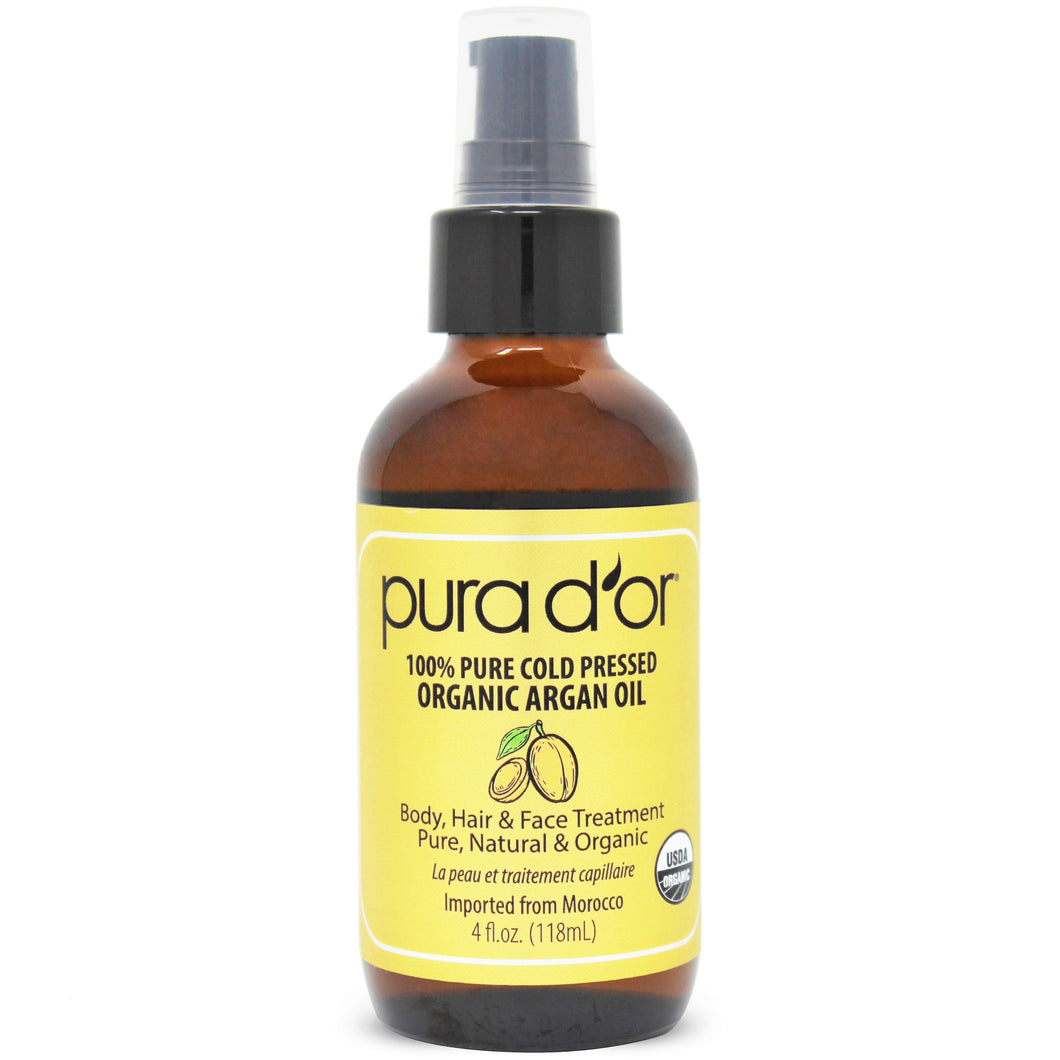
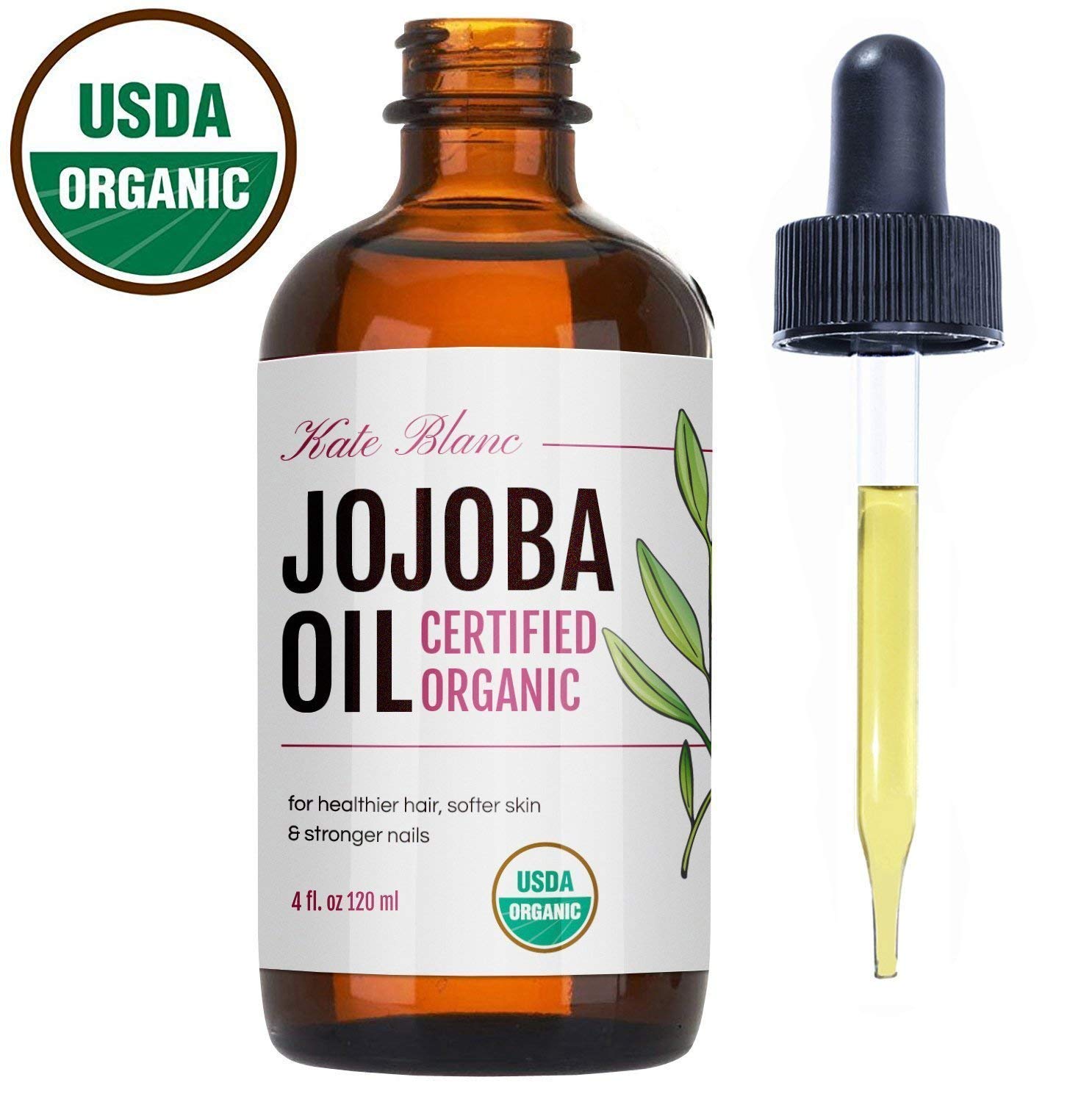
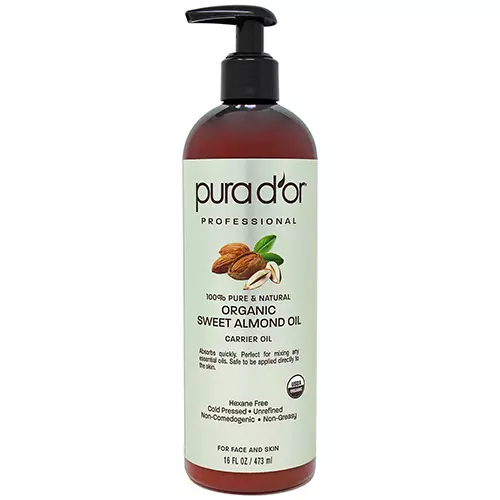


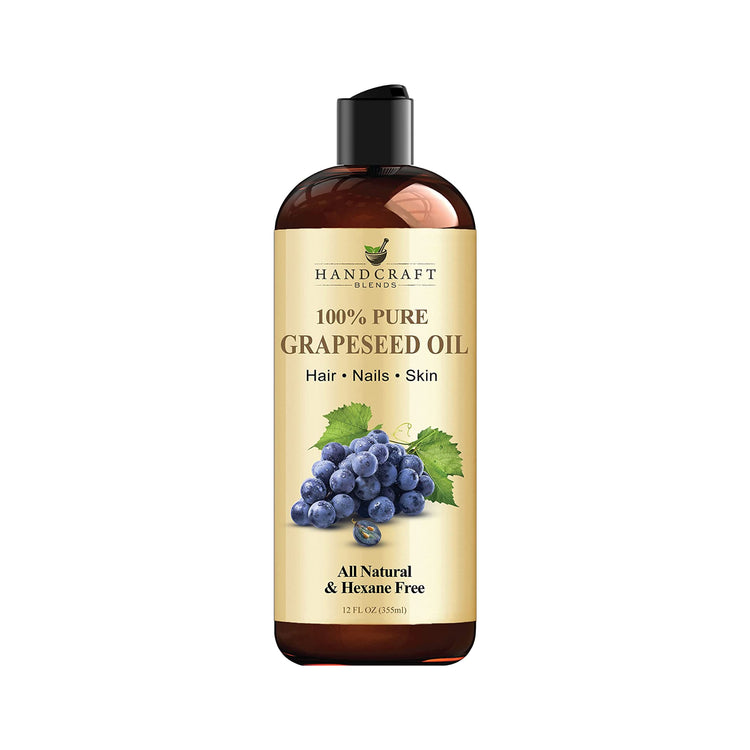
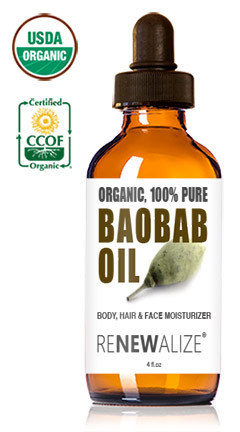
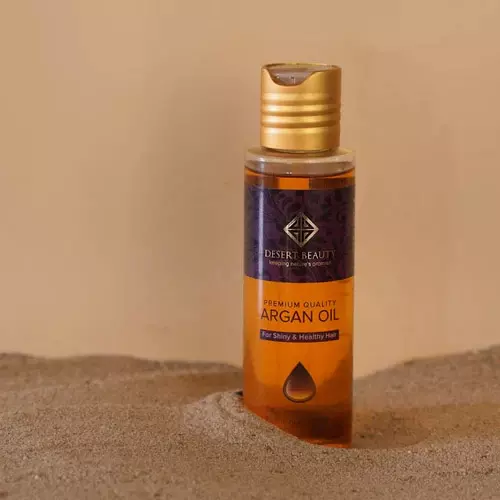
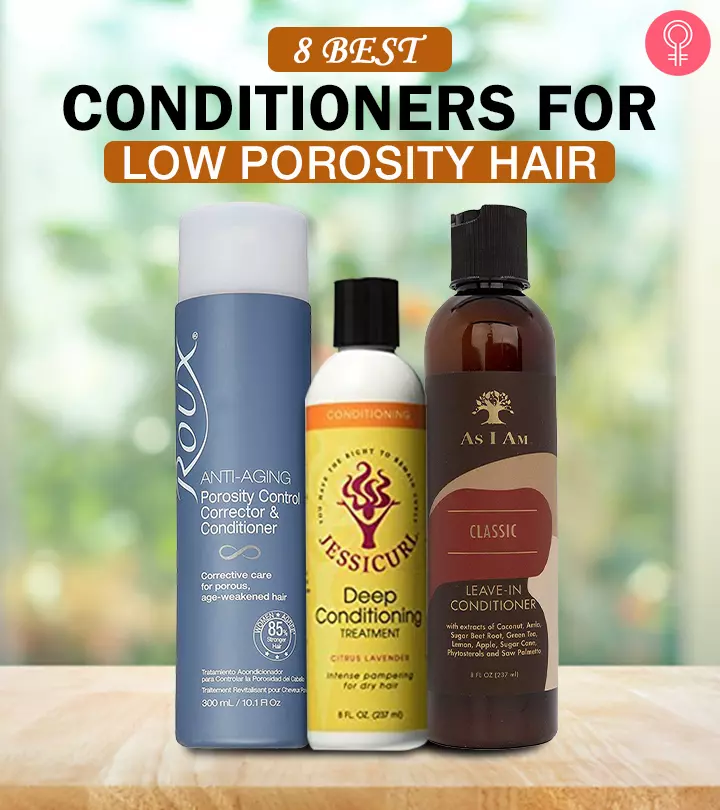

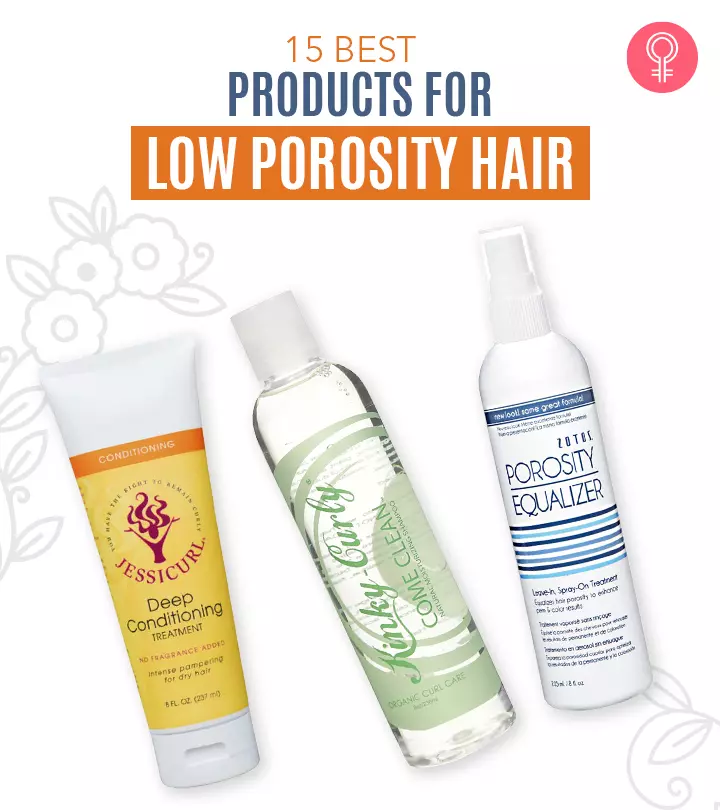
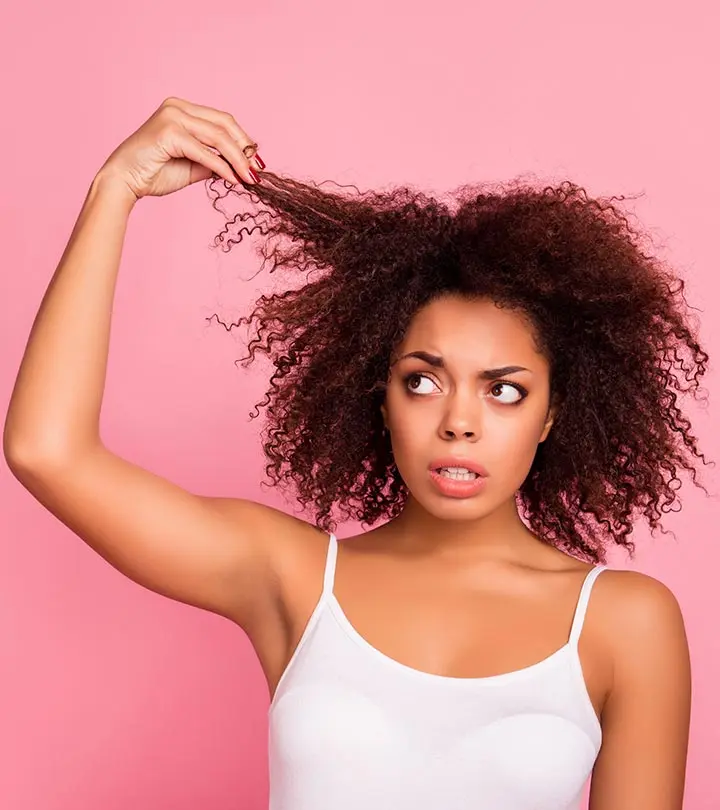
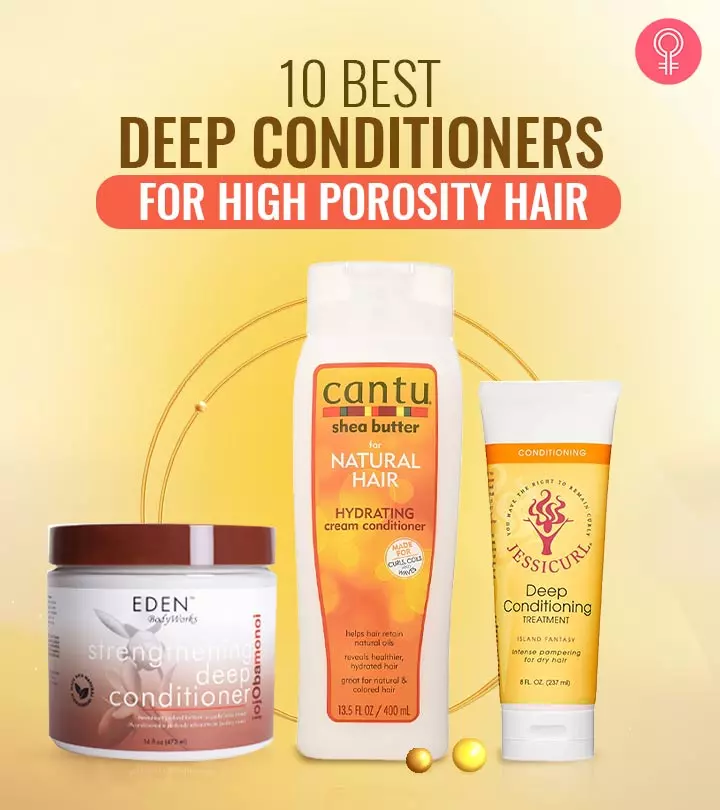
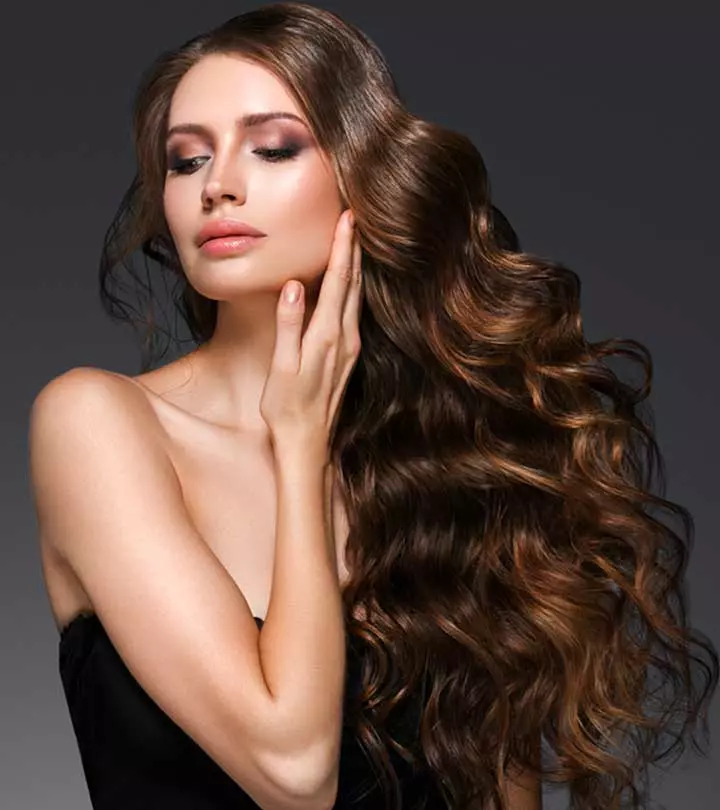
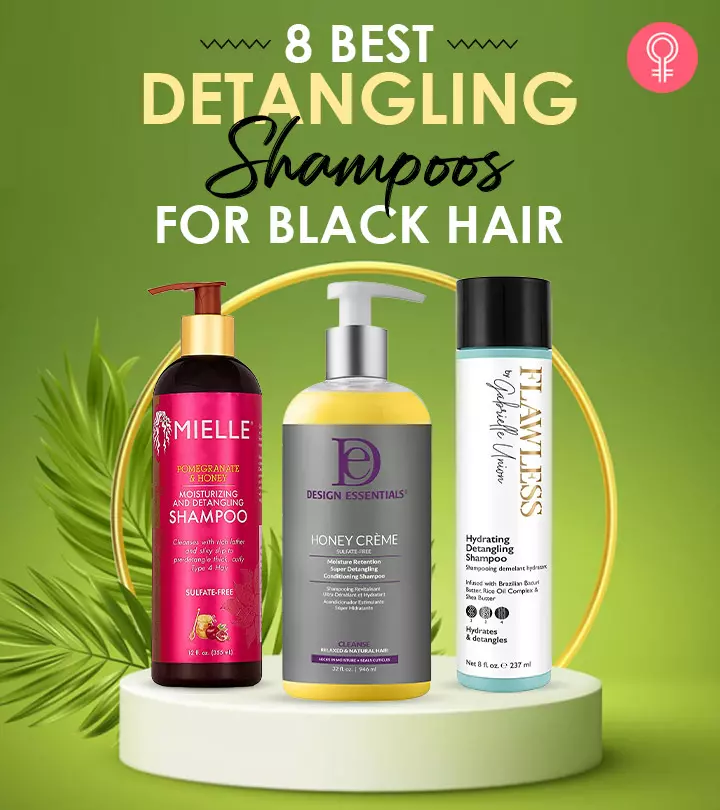
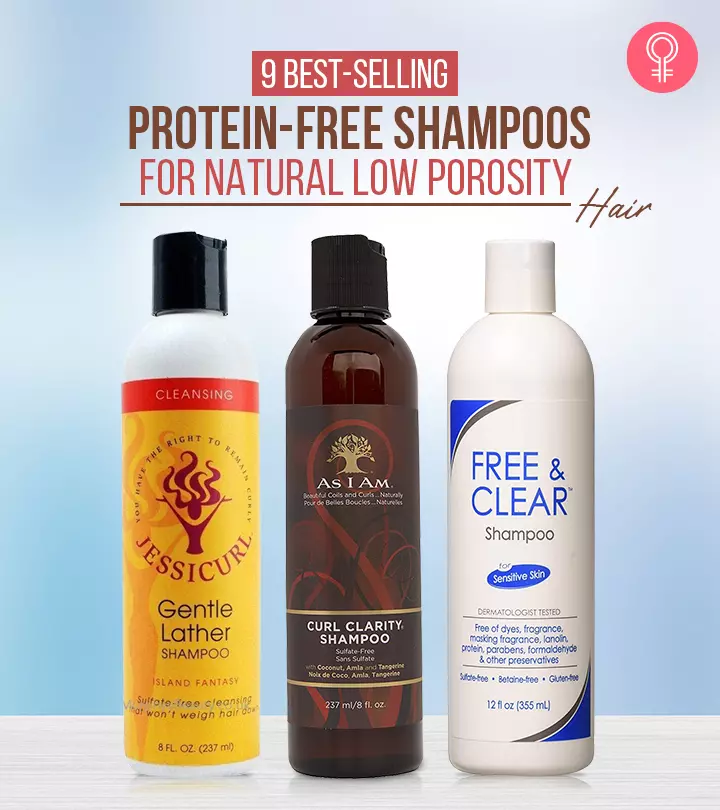
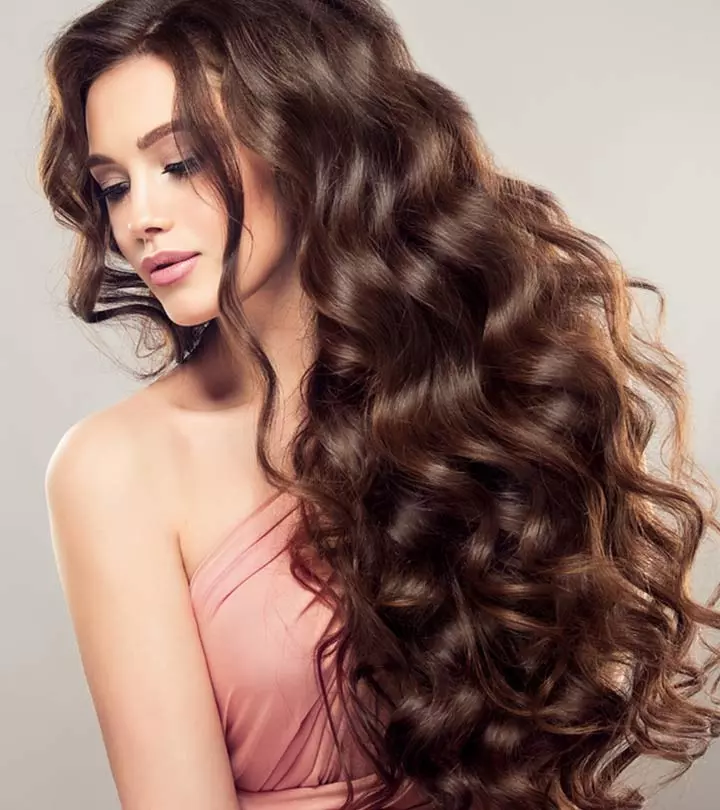
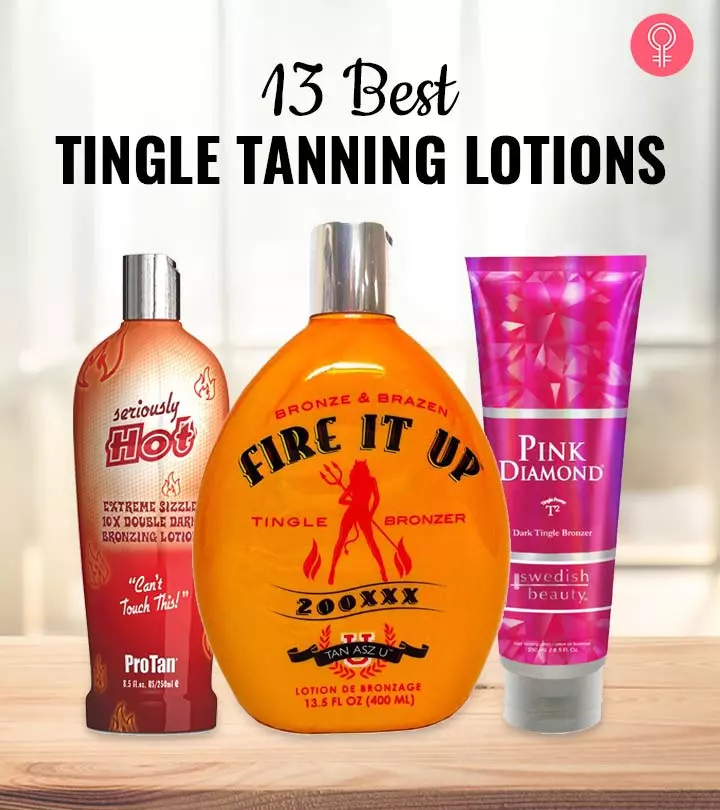
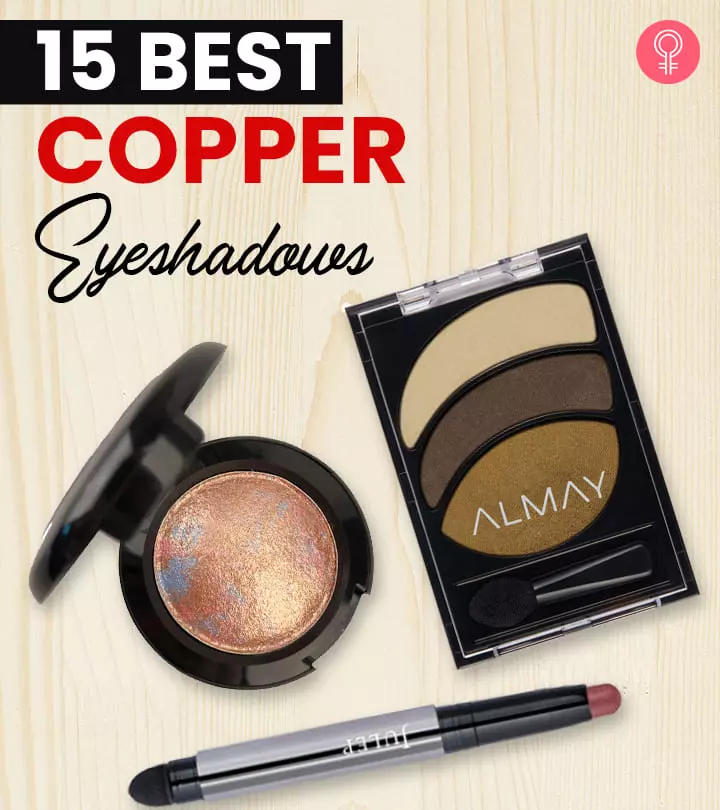
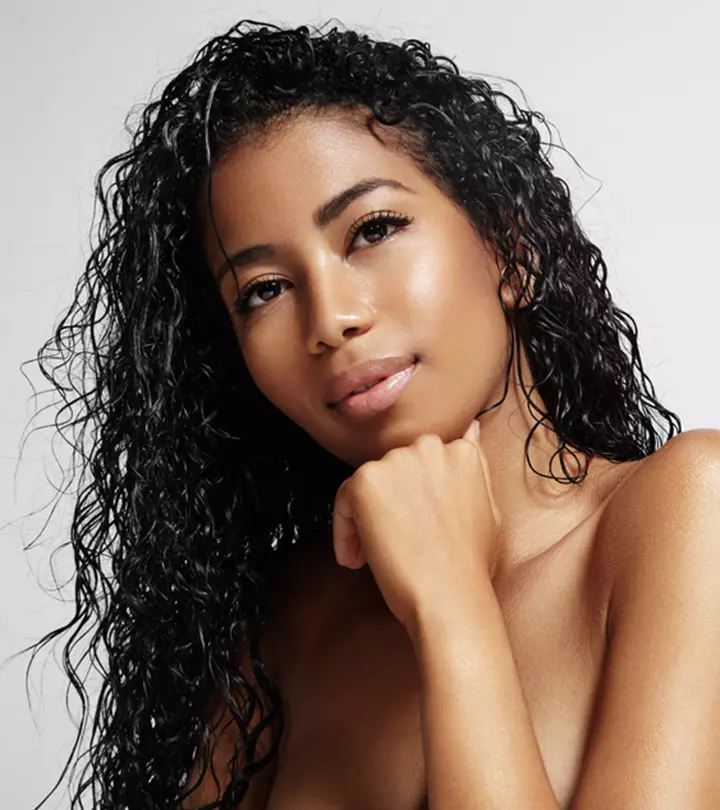
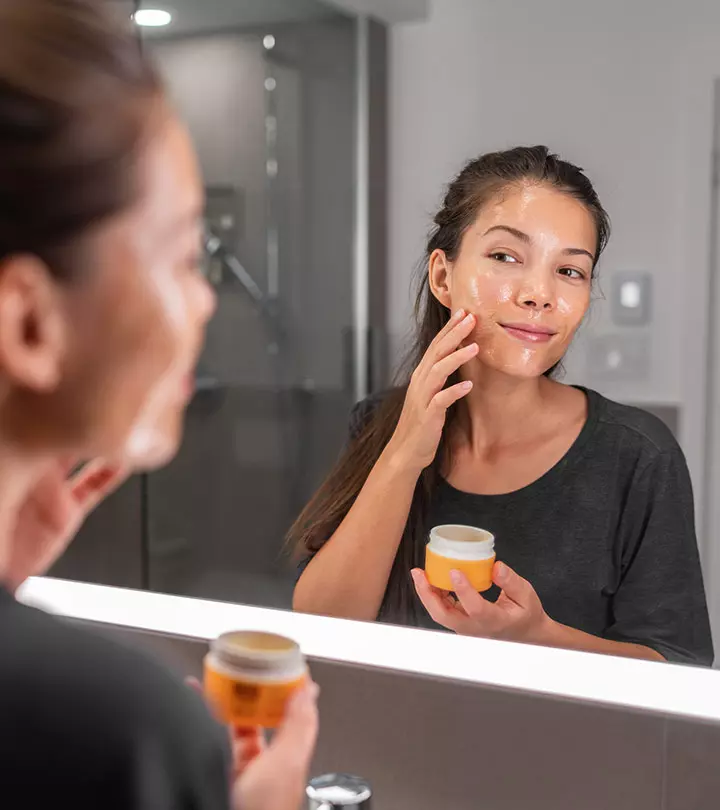
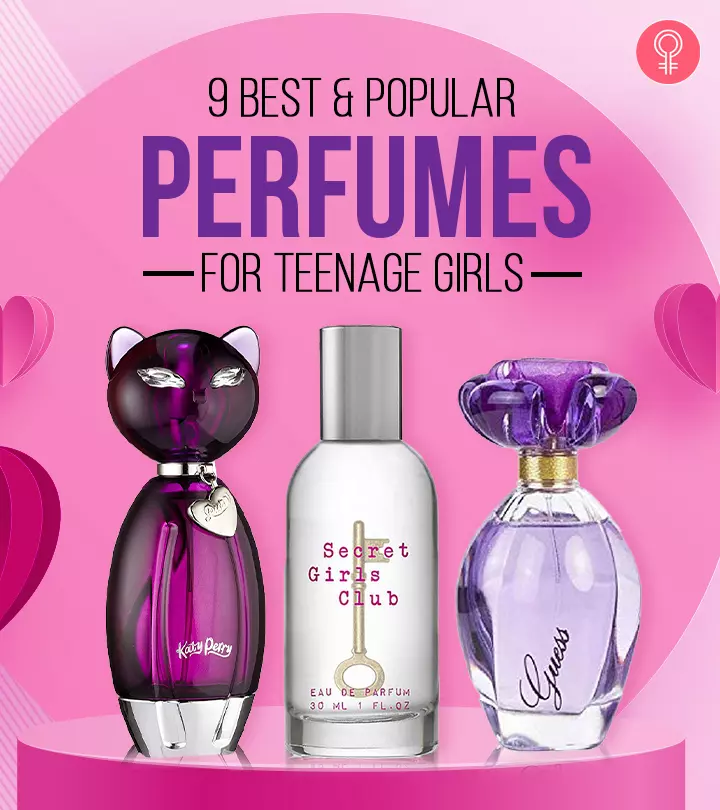
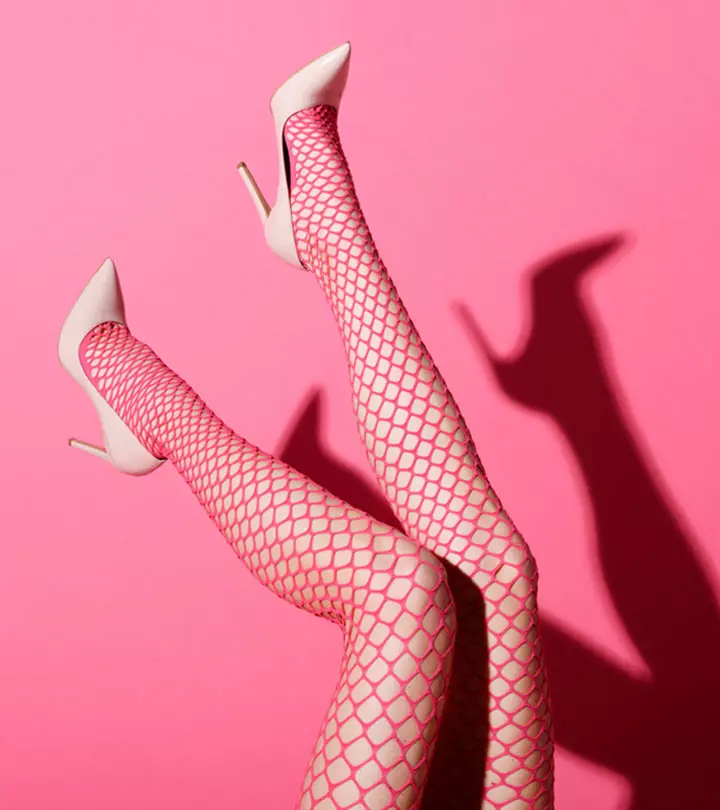

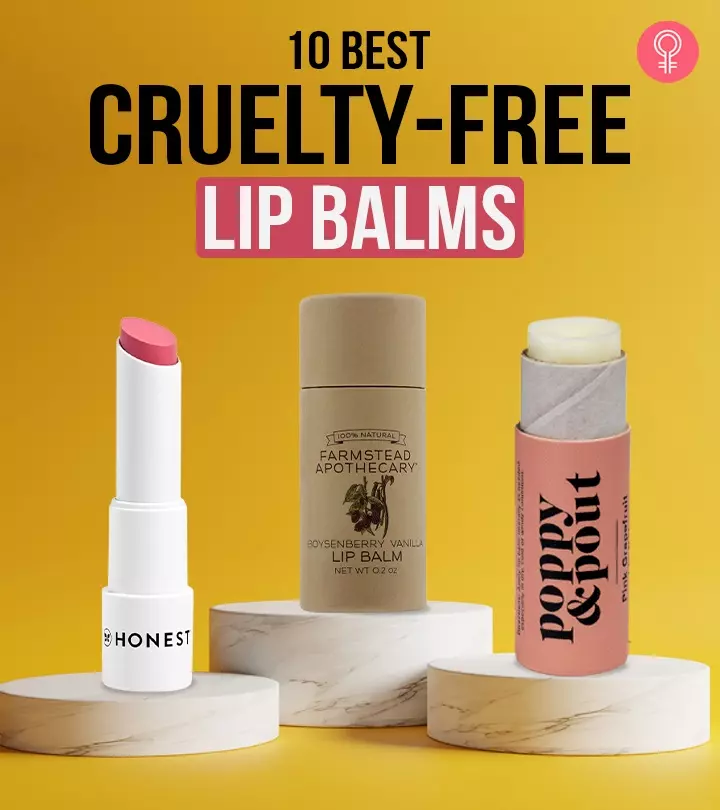


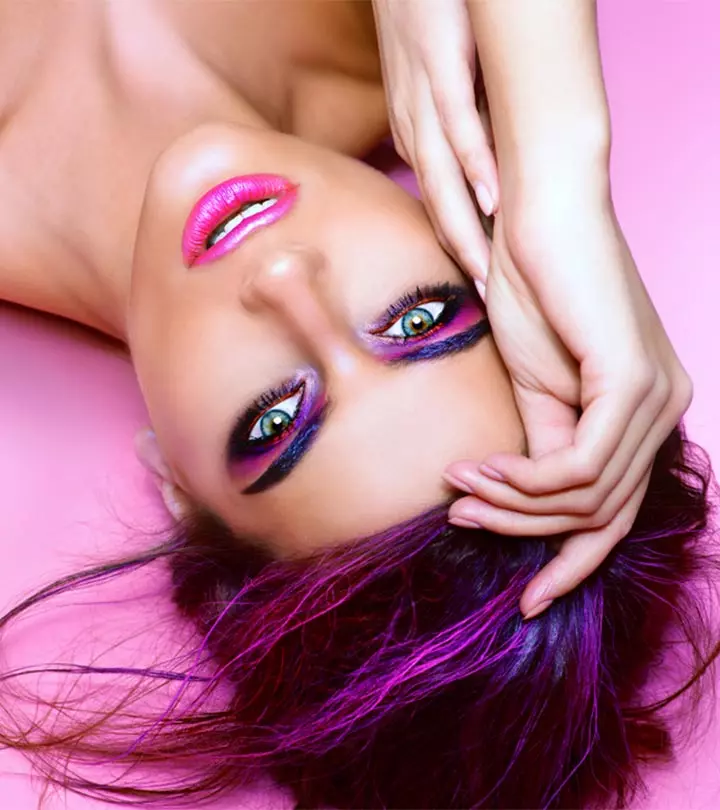
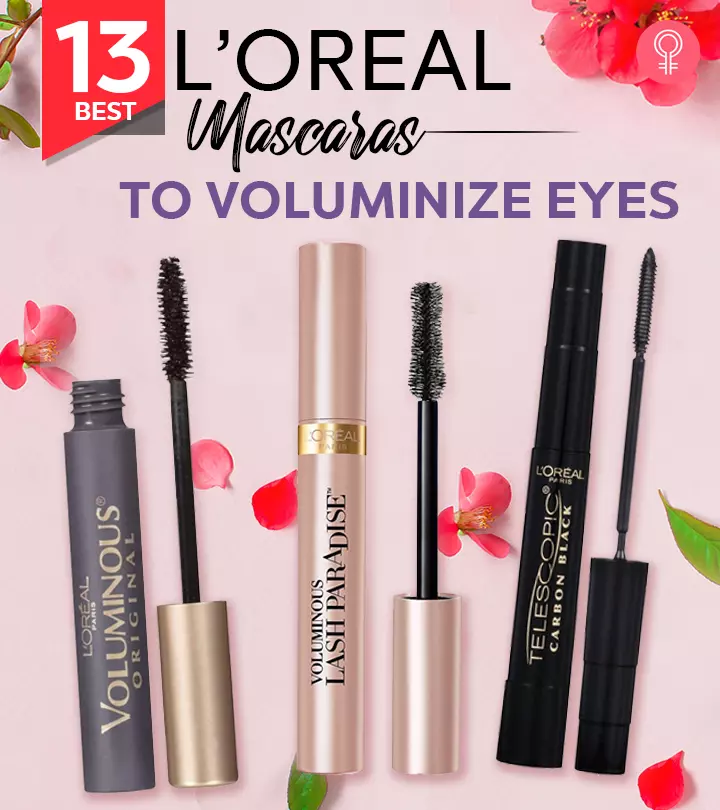
Community Experiences
Join the conversation and become a part of our empowering community! Share your stories, experiences, and insights to connect with other beauty, lifestyle, and health enthusiasts.